Big Talk Part 1 | Building oracy in the Prep School and at home
20 Nov 2019
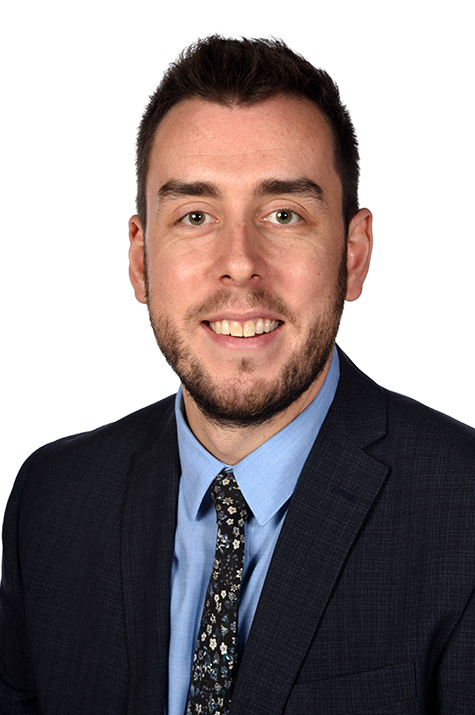
Dean Clayden
Assistant Head of Prep School
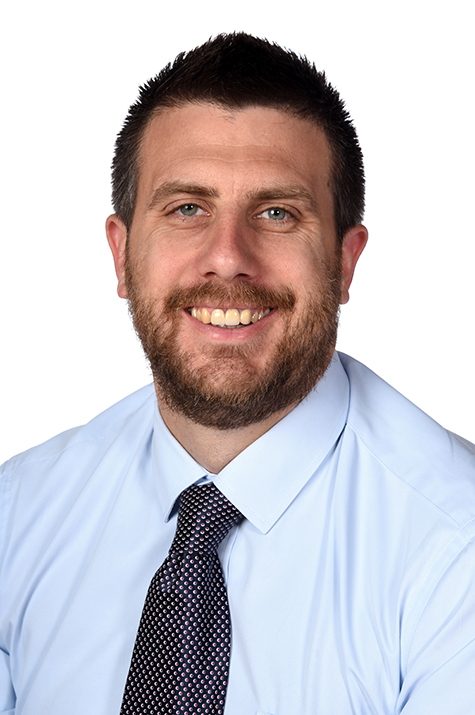
Mark Wright
Assistant Head of Prep School
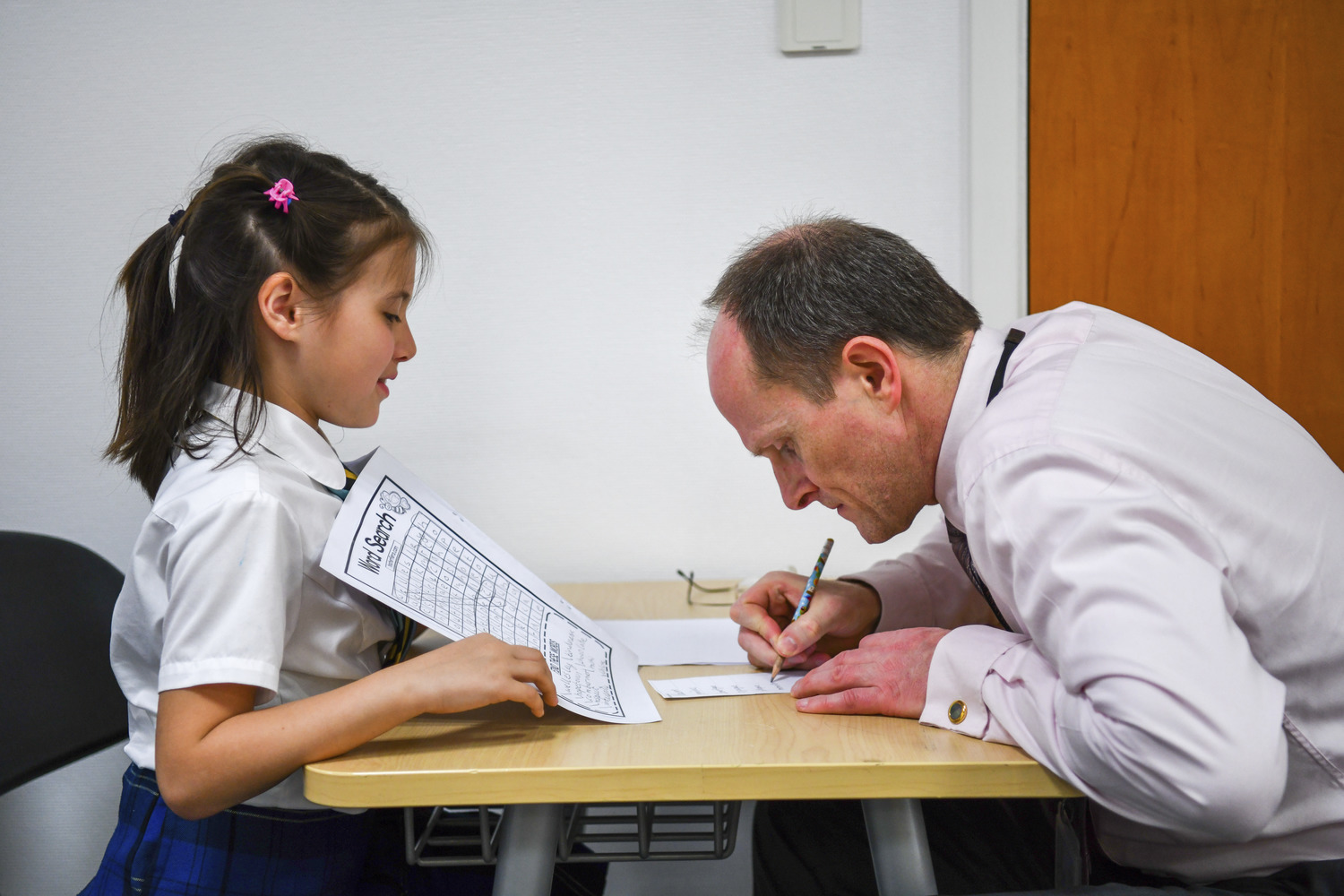 But how do we go about actually forging those connections with our fellow humans? Even though you may not think about this process too often, you already know for a fact that it doesn’t happen automatically! It requires conversations, questions, responses, shared details, agreements, disagreements, arguments and debates. In short – you have to get out there and talk to people. In all of these social interactions, oracy is the key.
But how do we go about actually forging those connections with our fellow humans? Even though you may not think about this process too often, you already know for a fact that it doesn’t happen automatically! It requires conversations, questions, responses, shared details, agreements, disagreements, arguments and debates. In short – you have to get out there and talk to people. In all of these social interactions, oracy is the key.
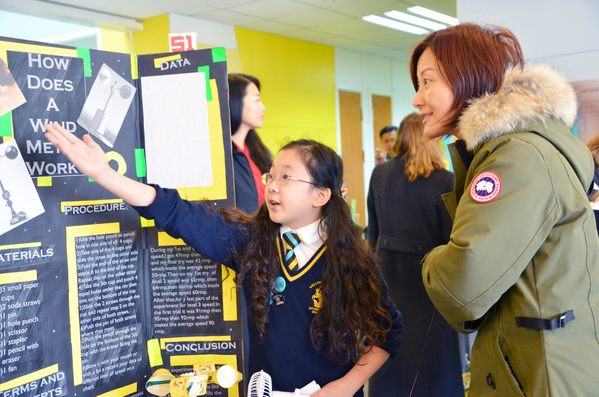 While there is a lot of evolving educational debate on the subject of oracy and what it means, essentially it’s the ability to communicate effectively in any number of oral formats. To put it even more simply: if you have good oracy skills then you’re a good talker and a good listener! With oracy, you can communicate effectively in casual conversations, formal debates, speeches, theatrical performances – any situation that requires the verbal articulation of ideas.
For example, if you listen to any relaxed conversation between a group of adults who are friends, you will see how the discussion moves naturally from person to person. Without assigning any roles or observing any formal rules, the conversation will generally progress on its own, as each member asks questions when appropriate, probes for more information, adds their own points and opinions, and so on. As adults, our decades of experiencing all manner of social interactions means that we fall into these different roles naturally and switch them up almost without thinking. It’s a process that begins with childhood but it’s a skill that we continually improve every day of our lives. No matter how old you are, through oracy you can always become a better talker, a better listener – a better overall communicator.
While there is a lot of evolving educational debate on the subject of oracy and what it means, essentially it’s the ability to communicate effectively in any number of oral formats. To put it even more simply: if you have good oracy skills then you’re a good talker and a good listener! With oracy, you can communicate effectively in casual conversations, formal debates, speeches, theatrical performances – any situation that requires the verbal articulation of ideas.
For example, if you listen to any relaxed conversation between a group of adults who are friends, you will see how the discussion moves naturally from person to person. Without assigning any roles or observing any formal rules, the conversation will generally progress on its own, as each member asks questions when appropriate, probes for more information, adds their own points and opinions, and so on. As adults, our decades of experiencing all manner of social interactions means that we fall into these different roles naturally and switch them up almost without thinking. It’s a process that begins with childhood but it’s a skill that we continually improve every day of our lives. No matter how old you are, through oracy you can always become a better talker, a better listener – a better overall communicator.
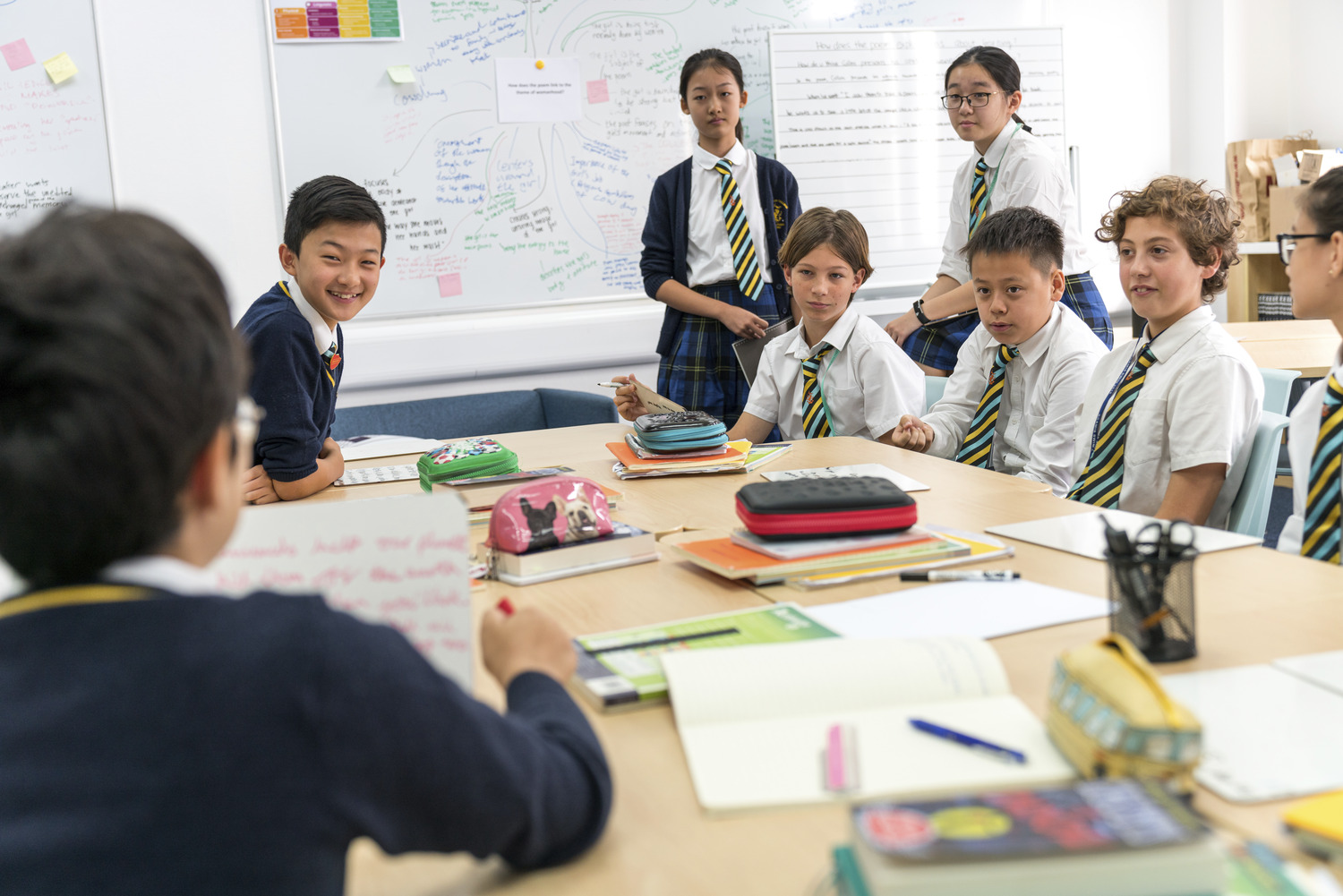 It’s the versatility of this skill that makes it so essential for children to learn as early on as possible. Oracy is entirely relevant to every one of our pupils, regardless of their academic ability or intended career path. Whether they are interviewing for a job, presenting ideas to their colleagues, leading a team, giving an important speech, outlining a theory or doing one of hundreds of professional tasks that require verbal communication, they are going to need oracy.
It’s the versatility of this skill that makes it so essential for children to learn as early on as possible. Oracy is entirely relevant to every one of our pupils, regardless of their academic ability or intended career path. Whether they are interviewing for a job, presenting ideas to their colleagues, leading a team, giving an important speech, outlining a theory or doing one of hundreds of professional tasks that require verbal communication, they are going to need oracy.
 The current generation of schoolchildren are in a unique position when it comes to learning oracy. Being born into the Digital Age, they have access to the most sophisticated communication and learning tools ever created. This is both an opportunity and a challenge. On the one hand, they are living through an age where global communications are being redefined, and they are perfectly positioned to quickly become familiar with new digital tools, techniques and skills. On the other, it’s already a well-documented phenomenon that many children are experiencing vast amounts of screen time and social media each day, often at the expense of having meaningful, oracy-building verbal interactions IRL (‘In Real Life’, for those not versed in internet acronyms!)
The current generation of schoolchildren are in a unique position when it comes to learning oracy. Being born into the Digital Age, they have access to the most sophisticated communication and learning tools ever created. This is both an opportunity and a challenge. On the one hand, they are living through an age where global communications are being redefined, and they are perfectly positioned to quickly become familiar with new digital tools, techniques and skills. On the other, it’s already a well-documented phenomenon that many children are experiencing vast amounts of screen time and social media each day, often at the expense of having meaningful, oracy-building verbal interactions IRL (‘In Real Life’, for those not versed in internet acronyms!)
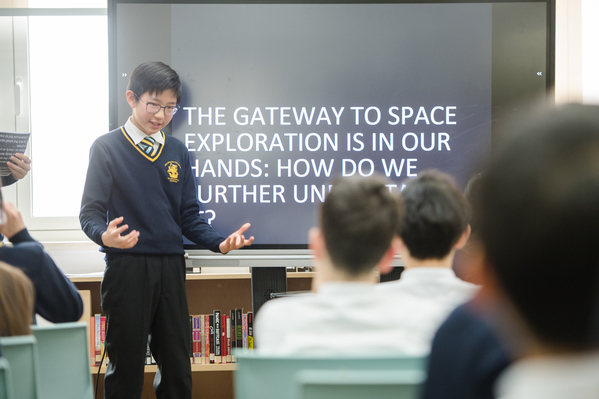 While the internet is opening doors to all manner of new knowledge and experiences, we must be careful to ensure that it doesn’t close them off too.
While the internet is opening doors to all manner of new knowledge and experiences, we must be careful to ensure that it doesn’t close them off too.
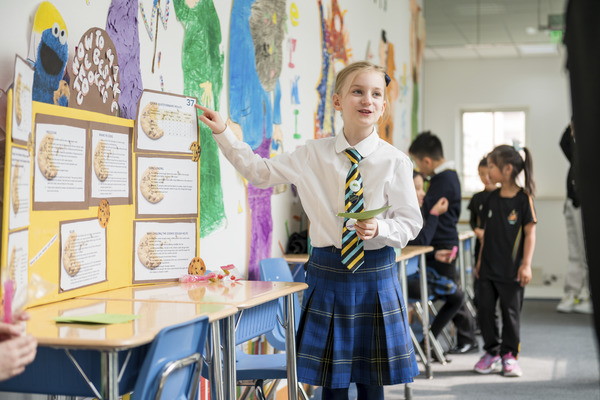
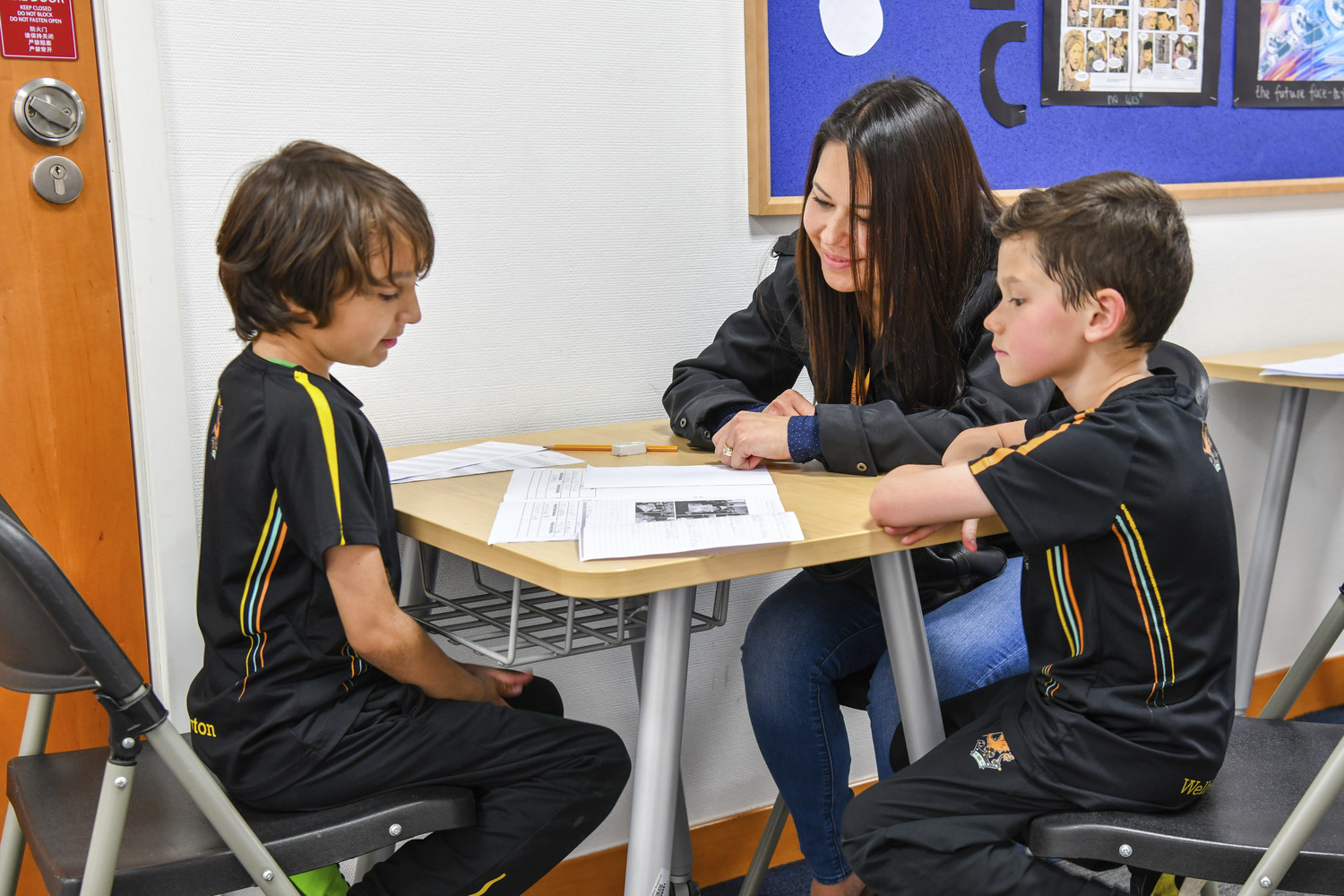 All classrooms have discussion guidelines displayed on the walls and various aids are used at the tables to reinforce awareness of conversational roles, with prompts for conversation starters, sentence stems to help pupils probe, question, clarify and engage in their conversations.
All classrooms have discussion guidelines displayed on the walls and various aids are used at the tables to reinforce awareness of conversational roles, with prompts for conversation starters, sentence stems to help pupils probe, question, clarify and engage in their conversations.
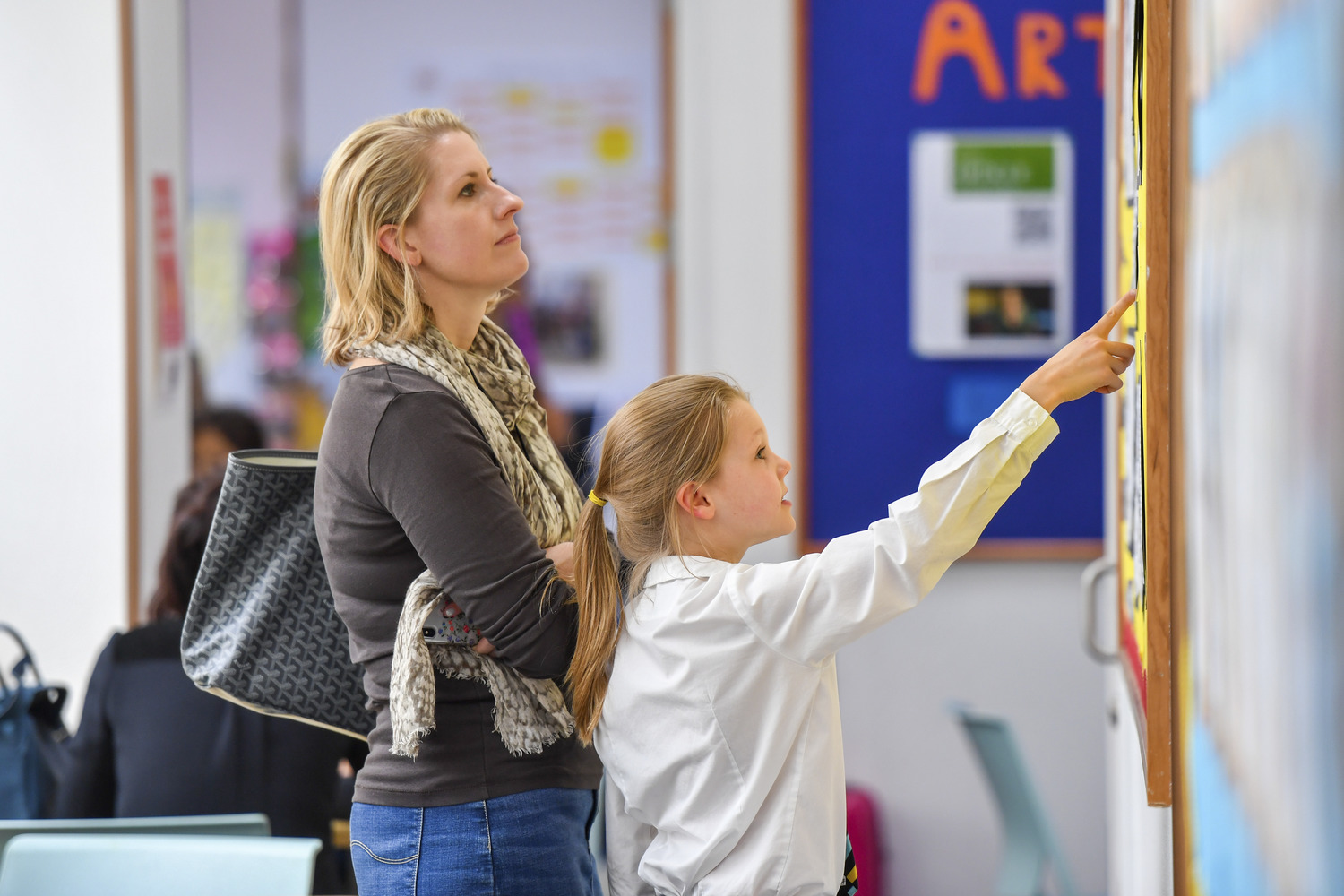 Moving beyond these broader elements, we then teach pupils how to speak with a clear voice while using a widening vocabulary and making their points in an engaging and interesting way. Alongside oracy activities in daily lessons, Prep pupils are also working towards a growing number of significant oracy-based projects each year. These projects are designed to put everything they have learned about verbal communication into practice, hopefully in a challenging yet fun way. To give a few illustrative examples, the current year 3s will be delivering a performance poem for their end-of-year oracy project, while the year 4s will give a radio announcement and the year 5s will have to make a sales pitch for a product of their choice.
Moving beyond these broader elements, we then teach pupils how to speak with a clear voice while using a widening vocabulary and making their points in an engaging and interesting way. Alongside oracy activities in daily lessons, Prep pupils are also working towards a growing number of significant oracy-based projects each year. These projects are designed to put everything they have learned about verbal communication into practice, hopefully in a challenging yet fun way. To give a few illustrative examples, the current year 3s will be delivering a performance poem for their end-of-year oracy project, while the year 4s will give a radio announcement and the year 5s will have to make a sales pitch for a product of their choice.
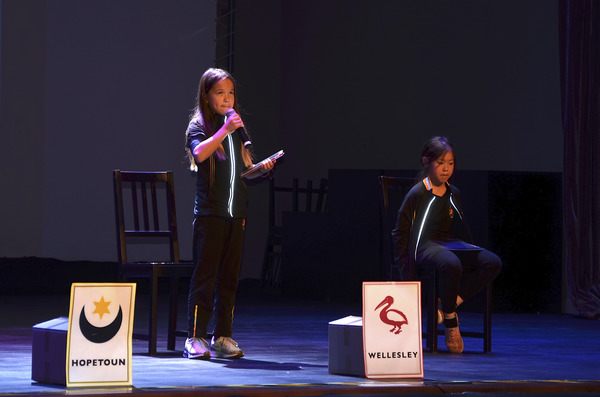 While we’re still tweaking this series of progressively challenging yearly projects, the final outcome of this process will be at the end of year 8, which signals the end of their time in the Prep School. Each year 8 pupil will perform an 8-minute Ignite speech (similar to TED Talks) on the College theatre stage, based on a topic of their choice. This will be the moment that culminates their oracy lessons as well as their ‘learning to learn’ (meta-cognition) lessons, where they are learning how to put a speech together effectively, how to choose and research a topic, how to outline their argument or points of address, and how to deliver their polished speech in a way that will make their audience take notice and absorb their message.
Our hope is that after experiencing this combination of daily oracy activities, which build up to the ‘big moment’ projects, our pupils will quickly expand their verbal communication toolkit. This way, they will continually hone their ability to express themselves with confidence and authority, unlocking new social and interpersonal talents along the way.
While we’re still tweaking this series of progressively challenging yearly projects, the final outcome of this process will be at the end of year 8, which signals the end of their time in the Prep School. Each year 8 pupil will perform an 8-minute Ignite speech (similar to TED Talks) on the College theatre stage, based on a topic of their choice. This will be the moment that culminates their oracy lessons as well as their ‘learning to learn’ (meta-cognition) lessons, where they are learning how to put a speech together effectively, how to choose and research a topic, how to outline their argument or points of address, and how to deliver their polished speech in a way that will make their audience take notice and absorb their message.
Our hope is that after experiencing this combination of daily oracy activities, which build up to the ‘big moment’ projects, our pupils will quickly expand their verbal communication toolkit. This way, they will continually hone their ability to express themselves with confidence and authority, unlocking new social and interpersonal talents along the way.
Related Articles
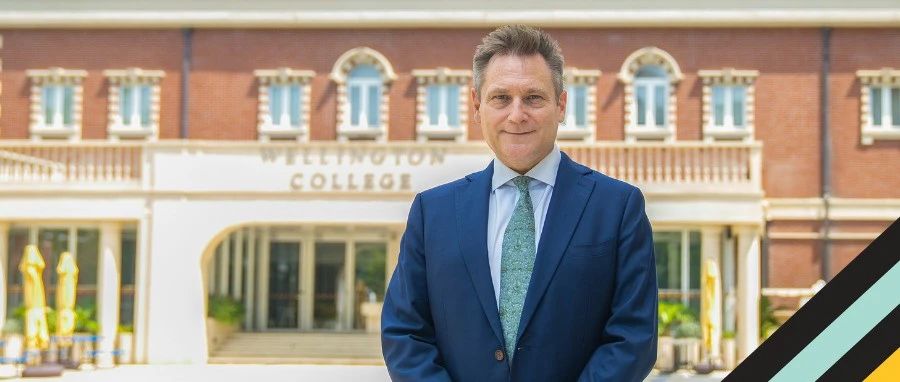
Welcome to the new school year, Wellingtonians!29 Aug 2025
Follow us on Wechat!Julian JeffreyMasterA warm welcome to all our pupils, families, and staff on the start of the new academic year!The start of any new school year is a time of great excitement and a
Read More

Excitement builds for the 8th China Festival of Education!05 Mar 2025
The countdown is on! On 12 April 2025, Wellington College Education (China) will once again host the China Festival of Education, bringing together educators, thought leaders and innovators for a day
Read More

These Budding Wellington Scientists Solved a Maritime Mystery20 Jan 2026
What can a group of pupils under age 17 accomplish together? Quite a lot! Over 10 months, 12 Wellington Shanghai pupils formed the schools first iGEM team to take on a global problem: barnacles on sh
Read More










